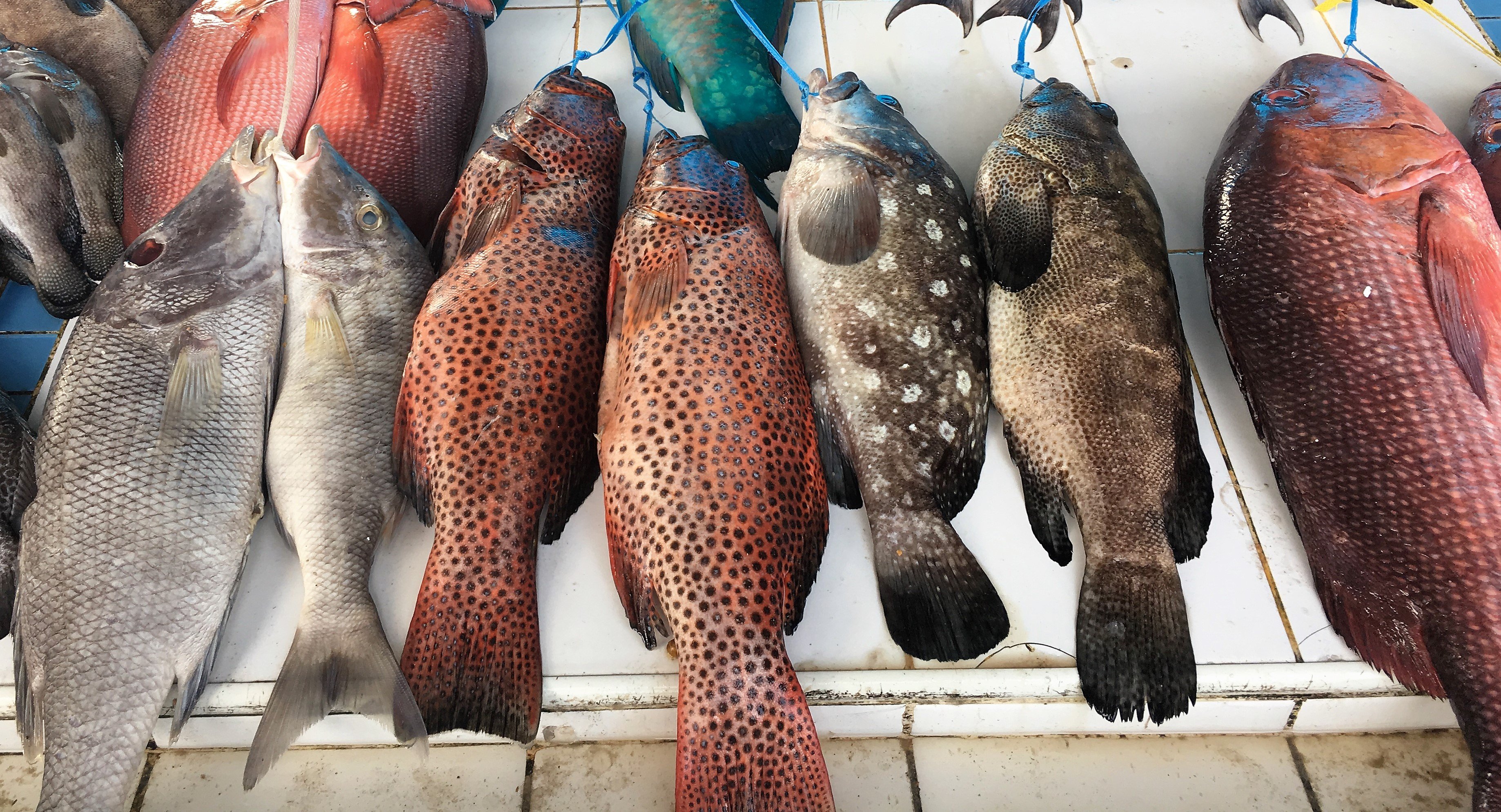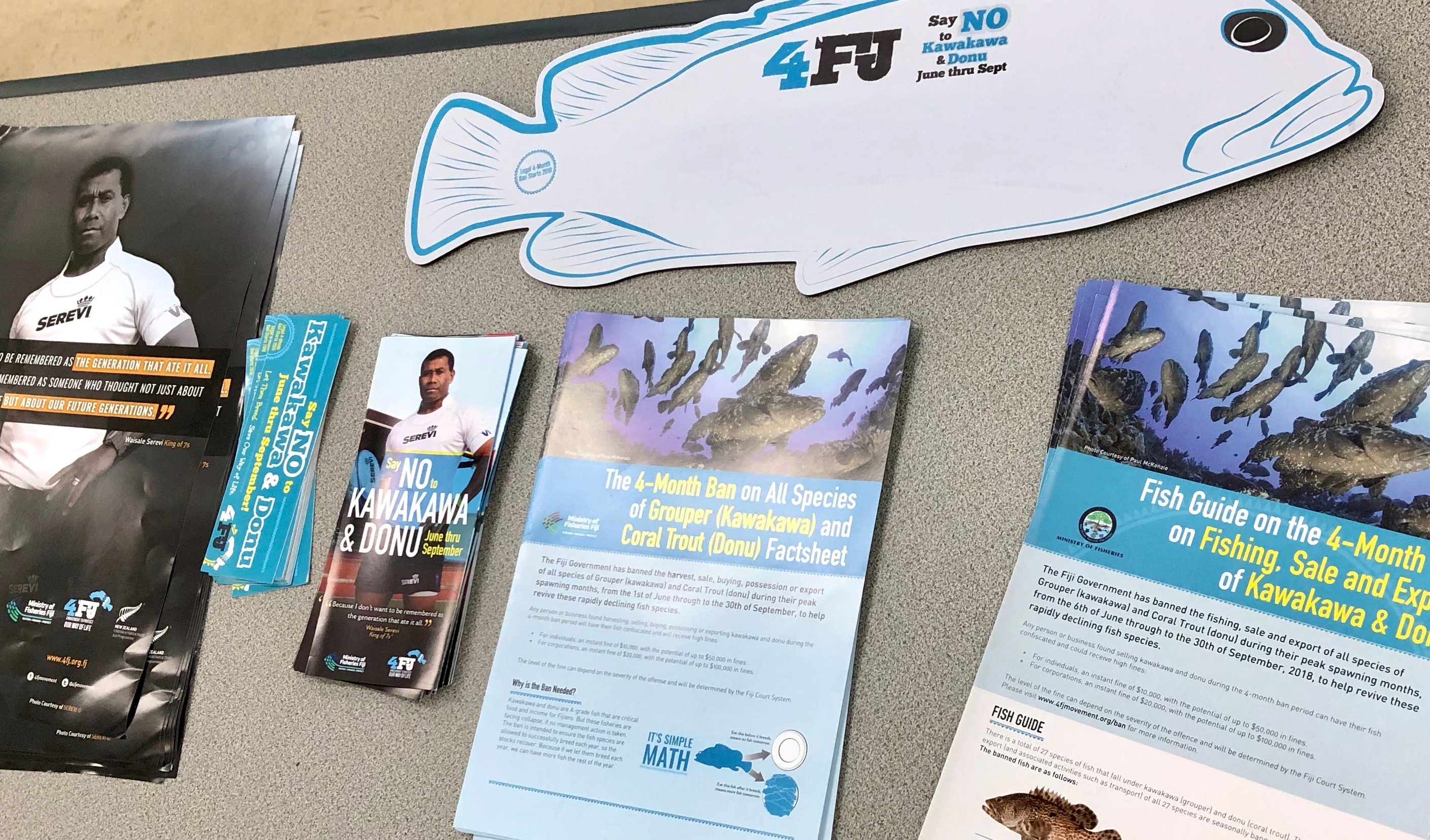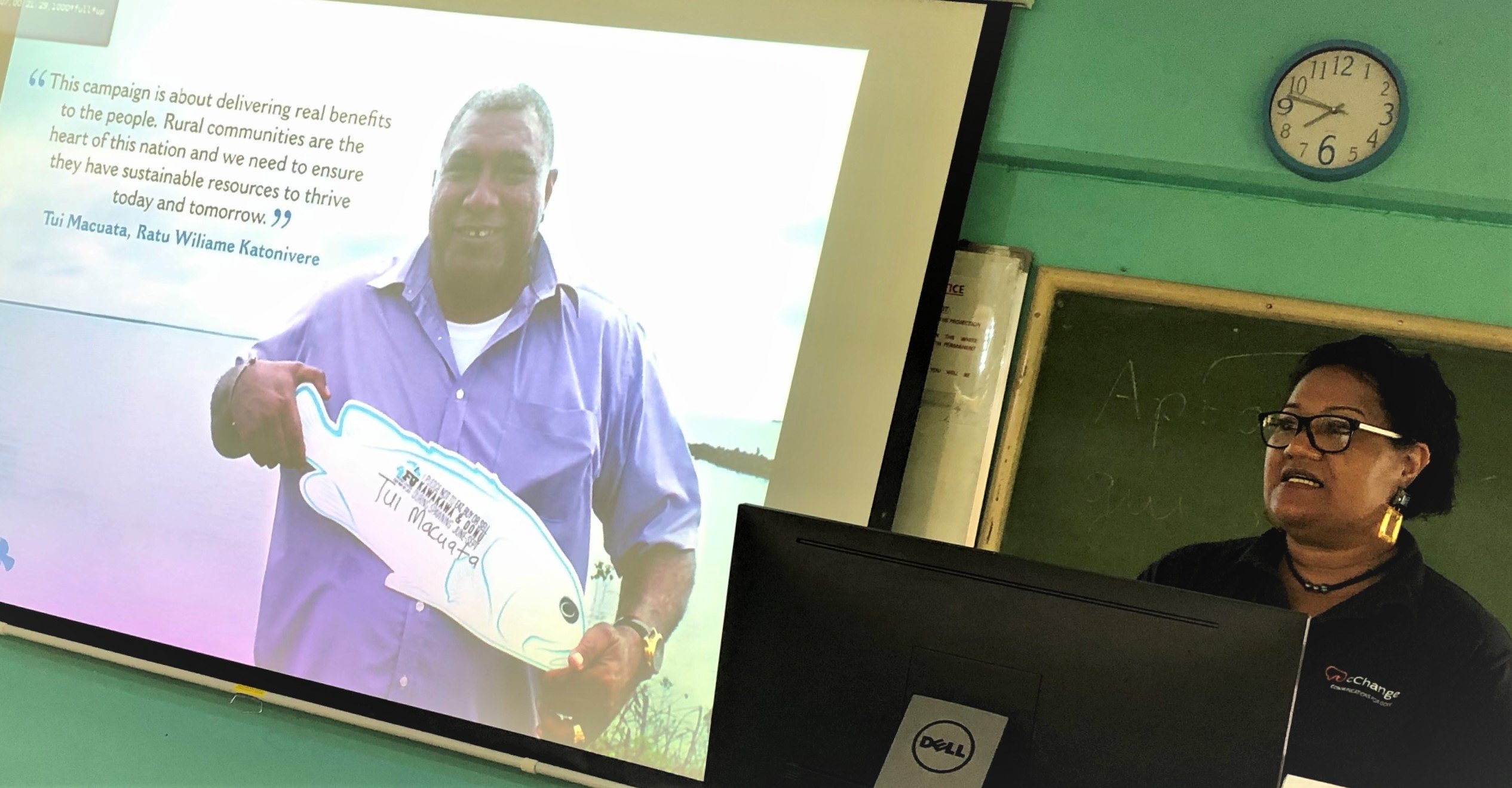Kawakawa (Grouper) and Donu (Coral Trout) are Fiji's most popular eating fish and are highly prized by all Fiji citizens. For a number of years, many of Fiji's citizens have been taking a voluntary pledge not to consume these important species during their peak breeding season (June to the end of September).
In 2018, Fiji's Minister of Fisheries imposed a legal ban on the capture of a number of listed species of Kawakawa and Donu from June to the end of September each year. This was followed in June 2019 by Fisheries Regulations implementing this seasonal ban.
Recently, in August 2020, the Minister of Fisheries has amended the seasonal ban by reducing it by two months, effectively ending the ban on 1 August 2020. In this legal bulletin we briefly review the seasonal ban, its amendment and the reasons that marine scientists called for the seasonal ban to assist in the sustainable management of these popular species.

The purpose of seasonal bans and species restrictions from a fisheries management perspective is to enable recovery of stocks via short term prohibitions on capture of certain fish. This is a common management tool that has been used globally to manage both fish and game species, and may be based on knowledge of the breeding patterns of the species that are being managed.
As the government agency responsible for regulating Fiji's fisheries, Fiji's Ministry of Fisheries has various regulatory tools at its disposal to manage fisheries. The primary tool is the use of fishing licences for commercial fishing. Another one of these tools is the power pursuant to Regulation 4 and Schedule 2A of the Offshore Fisheries Management Regulations, 2014 to impose seasonal bans and species restrictions for different species of Fiji's fish.
On 11 June 2019, by Legal Notice No. 32 the Minister of Fisheries, among other things, imposed a seasonal ban of various species of Kawakawa and Donu from 1 June to 30 September each year. This followed on from a ban in 2018 that was made by public notice.
On 17 August 2020, by Legal Notice 76, the Minister of Fisheries amended the seasonal ban in Legal Notice No. 32 by reducing the time of the annual seasonal ban. The Honourable Minister did this by adding a new paragraph to Legal Notice No. 32 which now provides:
“3. Notwithstanding paragraph 2, all the species of grouper and coral trout listed in the table in paragraph 2 shall not be subject to a seasonal ban from 1 August 2020 to 30 September 2020.”
The effect of the new amendment is therefore that the ban continues to start on 1 June each year but ends on 1 August 2020 rather than 30 September this year.
We have noted that the seasonal ban has been the subject of much discussion, widespread support and some controversy from the time it was first implemented. This is understandable given the importance of Kawakawa and Donu both to the livelihoods of fishers and to the choices or preferences of consumers.
It seems that Fiji's current economic issues arising from the Covid-19 pandemic may have made it more urgent to ensure Fiji's fishers can access this popular fish at this time, and it seems to us that this could be one of the reasons that has led to ending the ban earlier this year.
However, the seasonal ban was put in place based on the research of marine scientists who had concluded that June to October represents the peak breeding season for these important fish. It was concluded that a seasonal ban on capture during these breeding months provided an opportunity to enable them to breed and provide the best chance for more fish in the future. In essence it was a management measure to make the fish stocks more sustainable.
There is no doubt that this is a difficult and challenging issue, but it is also one that Fiji, its fishers and its consumers will have to grapple with if it wants this highly prized fish to continue to be available for years to come.
Consumers can, of course, continue to stick by their voluntary pledge not to consume Kawakawa and Donu during August and September 2020, but if further declines in the species numbers and size continue to be observed then as things stand and without a further Legal Notice the seasonal ban may return in 2021 for the 4 month period. For this reason, Fiji's Honourable Minister of Fisheries, Director and the Ministry of Fisheries has in 2020 undertaken a careful balancing exercise and for the time being responded to Fiji's unprecedented economic situation but also considered the future of Kawakawa and Donu.
Please note: This legal bulletin is provided for information purposes only and it is not, and should not be relied upon as, legal advice. All views expressed in this legal bulletin are the authors' views alone.
Please see below for information provided by cChange, the Fiji NGO that has championed the voluntary pledge to protect Kawakawa and Donu during breeding months

Mafa Qiolele, team leader cChange: Provides a lecture to USP students on the communications strategy related to the 4 month seasonal ban on the fishing, sale and export of Kawakawa and Donu.

Please note: This legal bulletin was amended after it was published to record that the ban will return in 2021 for the 4 months and recording the careful balancing exercise and decision taken by Fiji's Minister, Director and Ministry of Fisheries.



